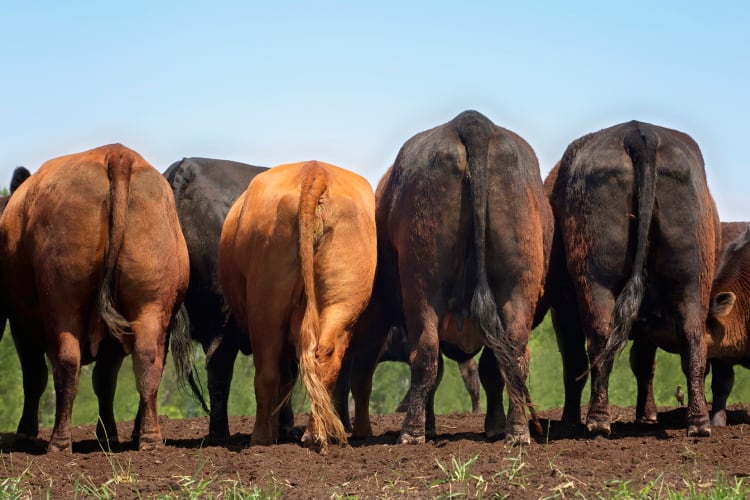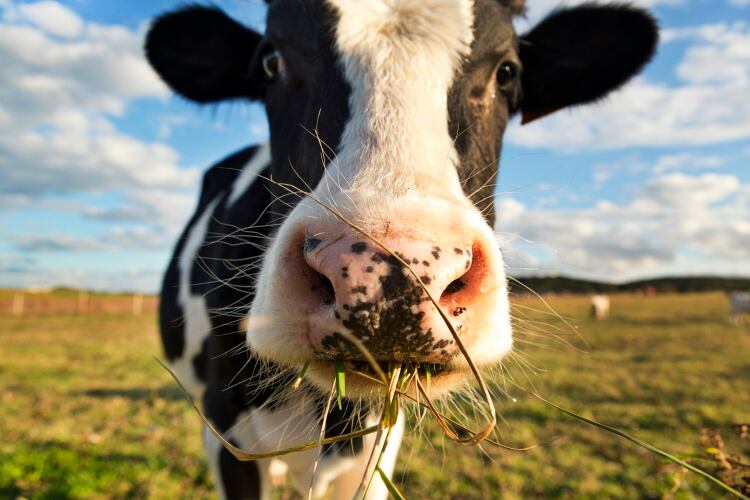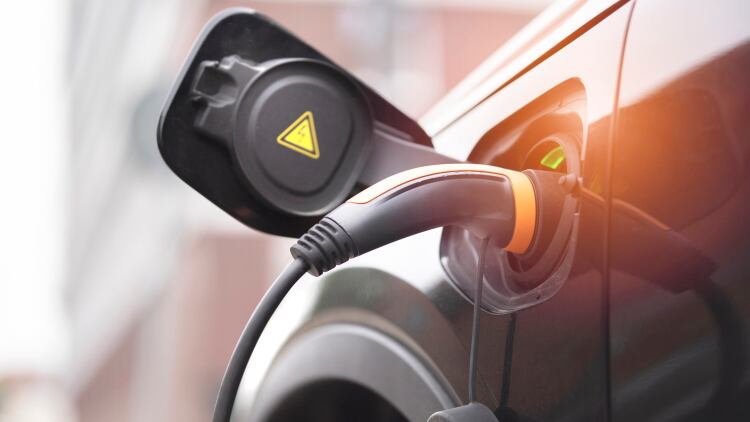The controversial proposals were borne out of the He Waka Eke Noa scheme, which was created in 2019 amidst calls from the farming sector to introduce farm-level emissions pricing – but Federated Farmers said the re-hashed plan ‘rips the heart out of the work we did’.
The New Zealand government plans to introduce a levy for ‘long-lived gases’ and biogenic methane that comes from cows digestion. Long-lived gases comprise carbon dioxide and prices will be set annually based on domestic emissions prices, while the biogenic methane levy would be determined by the government. Money collected from the scheme will be re-invested in the sector.
But the proposed measures have caused outrage in the ag circles, with Federated Farmers of new Zealand stating that the plans would reduce dairy farming by 5% and sheep and beef farming by 20% ‘to achieve the unscientific pulled-out-of-a-hat national GHG targets.’ “This is the equivalent of the entire wine industry and half of seafood being wiped out,” said the independent advocacy group.
'Deeply unimpressed'
New Zealand wants to bring down its biogenic methane emissions by 10% by 2030, down from 2017 levels, with agriculture making up around half of the country’s overall emissions output.
“The greenhouse gas reduction plan released by the government this morning will rip the guts out of small town New Zealand, putting trees where farms used to be,” Federated Farmers said.
The body added that the proposal ‘throws out’ the industry’s previous contribution towards coming up with a ‘workable solution which would not reduce food production’.
Andrew Hoggard, Federated Farmers National president and climate change spokesperson, commented: “Federated Farmers is deeply unimpressed with the government’s take on the He Waka Eke Noa proposal and is concerned for our members’ futures.
“We didn’t sign up for this. It’s gut-wrenching to think we now have this proposal from government which rips the heart out of the work we did. Out of the families who farm this land.
“Our plan was to keep farmers farming. Now they’ll be selling up so fast you won’t even hear the dogs barking on the back of the ute as they drive off.”
Meanwhile, New Zealand prime minister Jacinda Ardern has called the plans 'an important step forward in New Zealand’s transition to a low emissions future' while farmers would gain a price premium for their climate-friendly products.
“The proposal aims to give New Zealand farmers control over their farming system, providing the ability to reduce costs through revenue raised from the system being recycled back to farmers, which will fund further research, tools and technology and incentives to reduce emissions," she said.
“The proposal would see New Zealand farmers lead the world in reducing emissions, delivering a competitive advantage and enhancing our export brand. No other country in the world has yet developed a system for pricing and reducing agricultural emissions, so our farmers are set to benefit from being first movers."
Interim processor levy if farm-level one ‘not feasible’
If farm-level plans cannot be implemented by 2025, the government has proposed a processor-level levy as a transitional measure until the sector is ready to embrace the pricing system – though this kind of delay could cost the country more if it’s to achieve its 2030 GHG target.
Under an interim processor-level levy, processors – including milk processors and importers and manufacturers of fertilizer - would be required to pay an emissions levy based on the volume processed or imported. Meanwhile, fertilizer importers and manufacturers would be required to report and pay for emissions associated with their activities.
Whether the interim processor-level levy would kick in would be determined by mid-to-late 2023 based on ‘system and farmer readiness’.
Consultation has now opened on the plans, with interested parties able to send in their feedback until November 18, 2022. “The consultation provides an opportunity for people to provide feedback on the issues of sequestration, the levy setting process and transition support,” Ardern said.
For more information on the consultation, visit: consult.environment.govt.nz/climate/agriculture-emissions-and-pricing.



